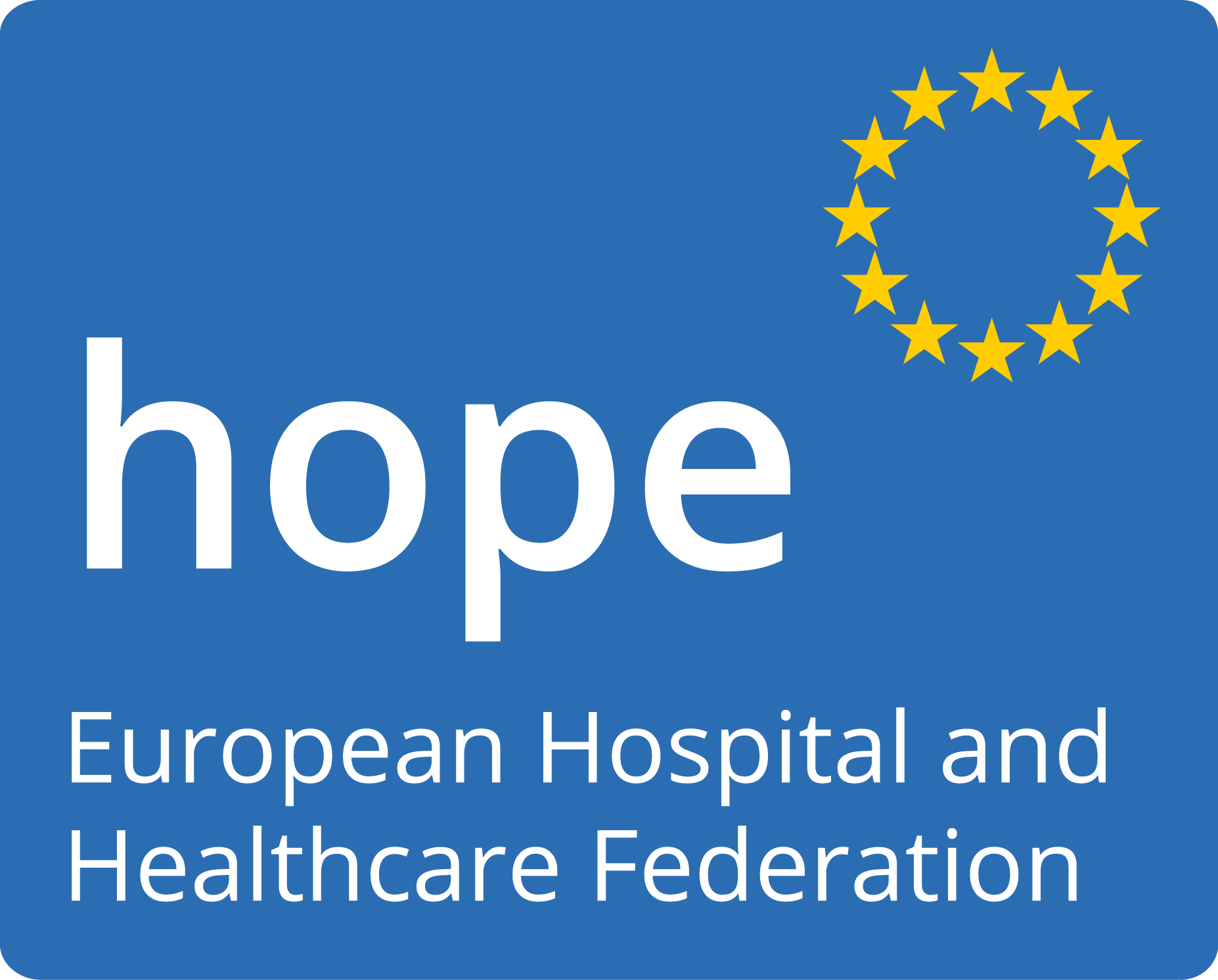In early 2025, the European Health Data Space (EHDS) Regulation was formally adopted following nearly three years of intense negotiations after the publication of the European Commission’s legislative proposal in May 2022. The EHDS represents a milestone for the secure and efficient exchange of certain categories of personal electronic health data within countries and across borders, inter alia facilitating continuity of care for patients travelling in the EU and making data more easily available for research, innovation, and public health purposes.
The EHDS – first announced by Commission President von der Leyen in her 2020 State of the Union address, followed by a Roadmap – is the upshot of a multiyear effort to develop interoperable health data exchanges. This process took concrete shape in April 2018 with a Commission Communication on enabling the digital transformation of health and care in the Digital Single Market (see HOPE Position Paper). The same year, the eHealth Digital Service Infrastructure (eHDSI, implemented through the Connecting Europe Facility) became operational and enabled the transfer of ePrescription/eDispensation data and patient summaries.
Key features of the EHDS include the following:
- It gives patients the right to easily and immediately access their health data in electronic form, free of charge, making it possible to add information, rectify wrong data, restrict access to others and obtain information on how and for which purposes data are used.
- Health data supporting primary use (i.e., healthcare provision) in priority categories – patient summaries, ePrescriptions, images and image reports, lab results, discharge reports – will be issued and accepted in a common European Electronic Health Record Exchange Format (EEHRxF).
- Interoperability and security will become mandatory requirements. Manufacturers of electronic health record systems will need to certify compliance with these standards.
- Member States will appoint digital health authorities. They will participate in the cross-border digital infrastructure (MyHealth@EU) supporting patients to share their data.
- Secondary use (research, innovation, public health) will be enabled by giving researchers, public institutions, or industry access to large volumes of health data, based on strict conditions and subject to a permit from a Health Data Access Body (HDAB), connected to a new EU-infrastructure for secondary use (HealthData@EU).
Following preliminary discussions, HOPE released its feedback on the EHDS proposal in July 2022, inter alia pointing out the high set-up costs involved, impacting an already stretched sector, the need to accommodate different national data approaches, and to ensure opportunities for co-creation. The European Data Protection Board (EDPB) and European Data Protection Supervisor (EDPS) published a Joint Opinion at the request of the Commission.
In the European Parliament, co-rapporteurs MEP Tomislav Sokol (EPP, Croatia) and MEP Annalisa Tardino (ID, Italy) from the ENVI (Environment, Public Health and Food Safety) and LIBE (Civil Liberties, Justice and Home Affairs) Committees released their draft report on the EHDS proposal, addressing concerns shared by HOPE regarding the need to increase EU funding and protect vulnerable populations. It introduced clearer language and tidied up certain provisions. Mr Sokol strengthened patients’ rights by introducing an opt-out mechanism for secondary use. Based on the report and discussions with members, partners, and policymakers, HOPE released its EHDS Position Paper in January 2023.
HOPE proposed two sets of amendments to the ENVI-LIBE report, including a request for maintaining Member States’ own health data systems for well-established national/regional purposes and calling attention to disruptive effects and administrative/financial implications. HOPE also signed two Joint Statements, supporting crucial improvements for the benefit of healthcare providers, and calling for a society-centred digitalisation of healthcare, highlighting common concerns including strengthened provisions for IP rights and trade secrets; provisions on public return on data investment and ensuring affordability of medicines; inclusion of civil society in EHDS governance; and extending the timelines to properly develop and implement it.
While the Commission defended its original proposal, MEPs were split along political lines and personal beliefs about data protection and privacy. Member States expressed concern over the high costs and expertise required. Parliament adopted its EHDS position in December 2023; in turn, the EU Council agreed on its EHDS negotiating position. It developed the regulation in several areas, including its scope, GDPR alignment, and criteria for providing access to electronic health data, setting up Steering Groups to manage the MyHealth@EU and HealthData@EU infrastructures, and expanding the Member States’ governance role.
The 2024 Belgian Presidency adopted a “finishing line” approach, paving the way for an inter-institutional agreement. In April, MEPs approved the text with 445 votes in favour and 142 against (39 abstentions). Due to an extensive legal-linguistic review, a corrigendum procedure was launched and negotiations only concluded with re-votes in December 2024/January 2025.
The final EHDS text grants the Member States more powers in line with national laws and rules. It notably includes the possibility to introduce a reversible opt-out mechanism also for primary use and strengthens the power of market surveillance authorities, which may enforce corrective actions on manufacturers of EHR systems in case of non-compliance. The implementation timelines were extended, leaving four to six years for more complex provisions.
The preparatory Joint Action towards the European Health Data Space (TEHDAS, 2021-2023) supported the Member States and Commission, proposing options on governance, infrastructure, data quality and data solidarity, and secondary use. HOPE provided inputs through its participation in stakeholder workshops. TEHDAS2 (2024-2027) builds on its predecessor and organises public consultations touching on various technical aspects via draft guidelines, which HOPE is monitoring.
Meanwhile, the Joint Action Extended EHR@EU Data Space for Primary Use (Xt-EHR) is tasked with ensuring that Electronic Health Record (EHR) systems meet stakeholders’ expectations by laying the technical, governance, and legal foundations for seamless cross-border electronic health data exchange, based on the EEHRxF. Many Implementing Acts remain to be defined through guidelines and technical specifications, and Xt-EHR will also address the integration of telemedicine, mHealth, and wellness applications.
The Commission’s Recommendation on a European Electronic Health Record Exchange Format (EEHRxF) inspired the XpanDH project (2023-24) in which HOPE was a partner. The goal was to support widespread adoption of ‘the format’ by creating a pan-European ecosystem of early adopters to ensure it is safe and reliable. Xt-EHR and the x-Share project are taking this further to ensure easy interoperability using the EEHRxF.
EU investments to support the EHDS include funding under EU4Health, Horizon Europe, and Digital Europe. Member States also benefit from the Recovery and Resilience Facility, European Regional Development Fund, European Social Fund+, and InvestEU.

